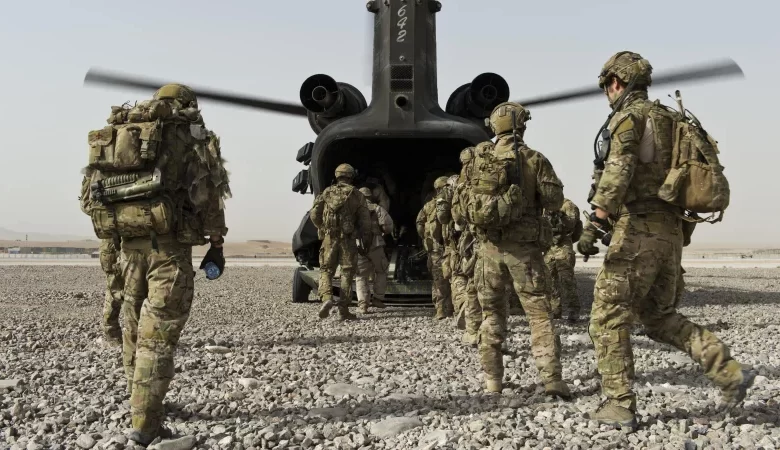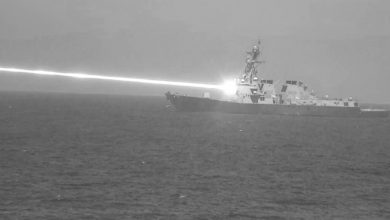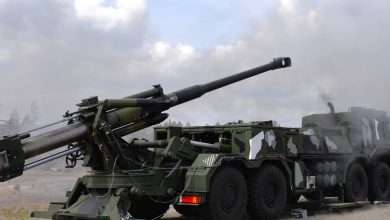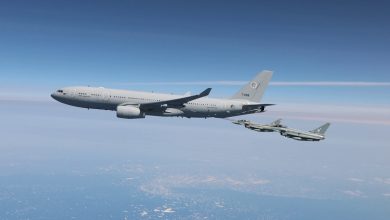New Zealand signs military agreement with Japan

New Zealand has signed a military agreement with Japan to bolster co-operation in the Pacific, as the Asian power doubles its defence budget to deter threats from China and North Korea.
Little and Japanese Defence Minister Yasukazu Hamada met on the sidelines of the Shangri-La Dialogue, a defence summit in Singapore, on Sunday, to sign the statement of intent.
In an interview, Little said the agreement was a commitment to work together, particularly on providing humanitarian assistance, and develop the military relationship further.
“Japan wants to do more, and they’ve got capability to help out in those sorts of issues, so it’s about working together on those things where they want to offer practical assistance.
“I’m certainly keen for us to develop the relationship, what that looks like in the longer-term, let’s see. Japan is a country we have a lot of shared interests with so it’s a relationship we should be developing.”
He said the agreement, the product of two years of discussions between the countries, did not any involve commitments to conducting military exercises.
Japan has in recent years loosened post-World War II laws confining its military and boosted military spending, as China disputes its territorial claims over an island chain and conducts more military patrols through and over its seas with Russia.
North Korea has also been conducting missile tests landing in Japan’s seas at a greater frequency, in the past year.
According to the International Institute for Strategic Studies, the London-based think-tank which hosts the Shangri-La Dialogue, Japan’s doubling of its defence budget in the coming five year could make it the third-largest military spender, after the US and China.
Japan has also been forming tighter strategic ties with the Quad countries, the US, India, and Australia, as well as with the Nato alliance.
New Zealand and Japanese joined forces with international partners, including the US and Australia, to respond to a volcanic explosion in Tonga, in January 2022.
China also responded to the disaster, but did not join the international effort. An Australian Strategic Policy Institute report published last month said the lack of co-ordination resulted in “competition for pier-side support, access to tarmacs and flight scheduling, as well as poorly coordinated donated equipment”.
“Today, 75 eight-tonne inappropriate and unwanted one-bedroom prefabricated homes donated by China sit gathering salt spray on the wharf in Nuku’alofa,” the report said.
New Zealand and China conducted humanitarian exercises in the Pacific in 2016 and 2018, but in recent years New Zealand has run the “Tropic Twilight” exercise without China.





